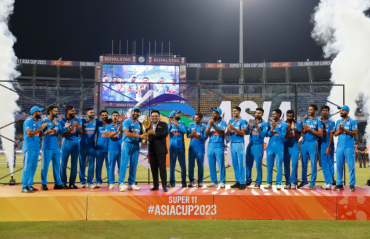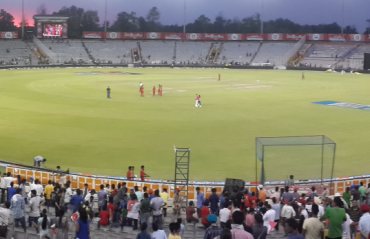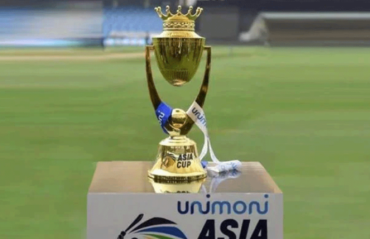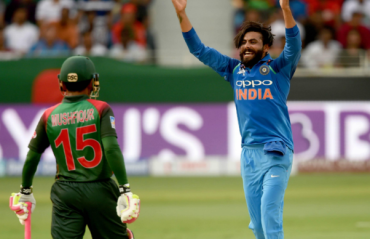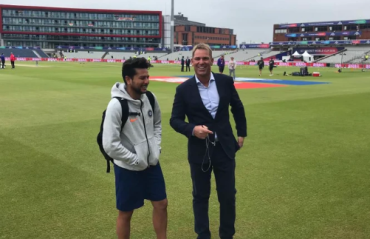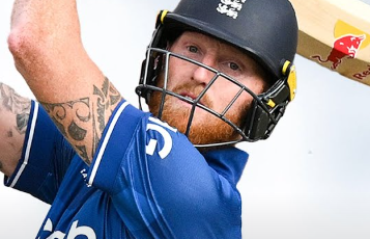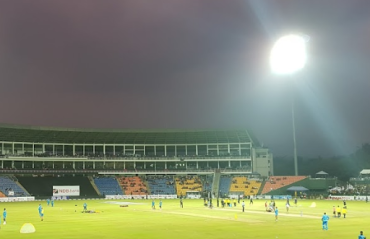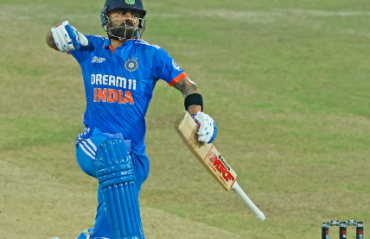#TFGtake -- Hosting IPL in UAE is a prudent option for BCCI due to the realities of COVID-19
- By Chiranjit Ojha

- July 22, 2020
WITH THE ICC WORLD T20 postponed, there's renewed hope that the Indian Premier League can take place during October & November of 2020.
The COVID-19 pandemic is showing no signs of slowing down in South Asia, and most of the rest of the world. Sports events taking place in 2020 are almost exclusively happening behind closed doors. So far, every indication suggests that IPL, too, will take place without a live audience. There's a wide consensus that this would be the right thing to do.
However - one issue has created a heated debate around the Indian cricket community. When word got out that the BCCI is considering the United Arab Emirates as the potential venue for the IPL 2020, a number of cricket fans and eminent personalities in the sporting communities have come out against that idea.
IPL in UAE? For whose benefit? Someone please enlighten me. Is this desperation?
— Vijay Lokapally (@vijaylokapally) July 22, 2020
Can Wimbledon also be moved to UAE?
Has any other league shifted out of home in these times?
I also want IPL but in India. Even if without spectators.
Having the Indian Premier League take place in India, of course, is the best case scenario. In the past the IPL has taken place abroad; including South Africa and UAE. But none of that was because it was the preferred choice. The situation back home was dire enough to make BCCI relocate the whole or part of the season abroad; and it came at the cost of the familiar fervour, the conditions and the fan madness that has become an integral part of IPL's identity worldwide.
But the signature Indian-ness that the IPL is enriched with when they are playing on home soil comes from the thousands of Indian fans who throng the arenas. And unfortunately this year, whether the IPL takes place in India or not, that soulful presence of countless die hard fans will not be there. And without live fans, the venue doesn't really matter.
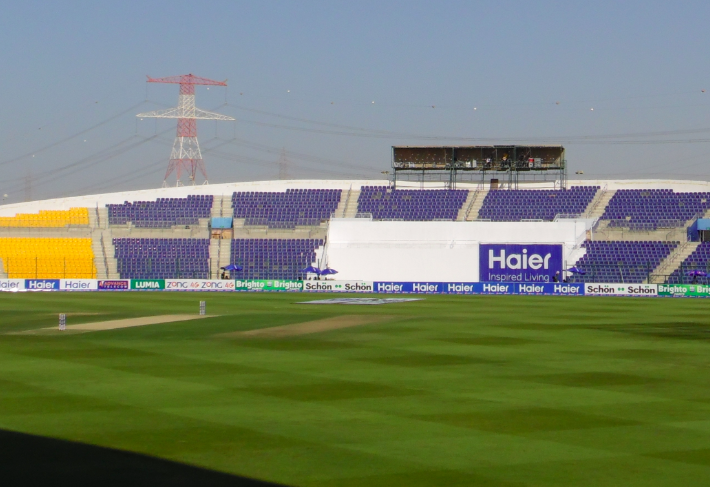
But that's not the primary reason why BCCI is considering a move to the UAE. For the Board, the government and everyone involved, it's a great feat to be able to host the most popular cricket league in the world in India during a global pandemic. No one is blind to the political and PR implications of moving IPL to the UAE under the current circumstances. But the reason it's being considered has nothing to do with politics, Indian or otherwise.
Right now, UAE just happens to be geographically and sociologically better equipped to handle a pandemic. The country has a lower population, greater separation between cities, and overall a better infrastructure to enforce quarantine measures to control the outbreak. As of 21st July, the official data says the country has seen a total of 57,498 total cases of COVID-19, out of which only 7,193 remain active.
But the strongest argument in favour of picking UAE as a host is that the challenge of hosting such a big event with players, umpires, coaches, staff & crew flying in from abroad - the same challenge that led to Cricket Australia agreeing to postpone World T20, and BCCI to postpone the IPL back in March - has already been successfully handled by UAE in a way that's much harder to do in India.
The Ultimate Fighting Championship or the UFC, the world's leading Mixed Martial Arts organization, has been hosting regular events in Abu Dhabi this month. And the preparations that were made to make sure it's safe for everyone involved are remarkable to say the least.
With the USA struggling to deal with the virus and international travel becoming increasingly restricted, UFC President Dana White looked to set up a facility abroad - a project aptly dubbed 'Fight Island' - where fighters from around the world could fly in and compete in their bouts. After a month of searching and considering options, the promotion chose Abu Dhabi; and when the facility was finally unveiled it became obvious why.
In Yas Island, a team of 1600 worked to create an 11 square kilometer zone that was completely isolated from the rest of the world. They called it 'A COVID-free Bubble.' Everyone inside it - from the managers, technical crew to hospitality staff - went through 3 tests and quarantined for two weeks first before starting work to ensure there's no outbreak. Since then they remained away from contact with the outside world but went through regular tests to ensure there isn't anyone. This was made easy because the island's structure allowed for easy and enforcable separation.
The athletes, stuff & crew flying in from different countries also went through regular COVID tests for two weeks before being cleared to fly. The government made special arrangements to transport them from the airport to the 'Bubble' without coming into contact with anyone else. Afterwards there was a period of mandatory quarantine and more tests before they were cleared to compete.
The result: even though one or two fighters had the virus, they tested positive and were safely pulled off the card before anybody else caught the infection from them. The system works.
Much of this elaborate mechanism to prevent outbreak can be replicated in India. But it's doubtful such a large 'COVID-free Bubble' can be built just for the players & staff in any of the major Indian cities without causing major disruption to transport and other services for common citizens. A sparsely populated tourism-oriented island (which is now even nearly empty due to lack of tourists anyway) is much easier to isolate than an area in the middle of a metropolis. And the UAE happens to have many similar islands that are suited for this, both in Abu Dhabi and Dubai.
Safe transport between Yas Island and Abu Dhabi's famous Sheikh Zayed Cricket Stadium - which is surrounded by practice facilities - is also easier to arrange than doing the same in Mumbai or Delhi; not just logistically but also because the outbreak in those cities is many times worse than it is in UAE.
There's also the fact that the infrastructure - from the safety bubble to transport protocol - everything is already ready and active in the UAE, whereas in India it would mean a massive new undertaking. It's a question of pragmatism - should they use up critical resources to build new COVID-specific IPL-exclusive infrastructure in India, or just use the facilities that already exist and are proven to work in UAE?
Also, there's the question of international travel. Given the current situation, a number of goverments have advised their citizens against travelling to India. As a result, the BCCI has been considering the prospect of having an IPL with Indian players only. While that's not necessarily an issue for Indian viewership, an IPL without foreign players potentially reduces its appeal for international audience. That's not good for BCCI, who are already facing a large reduction in revenue due to the absence of ticket sales and bilateral series cancellations. If using UAE as the venue makes it easier for them to accommodate international players, logic dictates they should give it a serious consideration.
Nothing at this moment is absolutely certain. If the number of COVID-19 cases in India come down dramatically in the next few weeks then we're suddenly looking at a new reality where having the IPL in India becomes a more feasible and preferrable prospect. Also, just because the pandemic is relatively under control in UAE now, doesn't mean the same will be true come October. Massive uncertainties surround everything we do right now; whether it's going to the office, visiting the bank or market, or organizing an internationally popular sports league.
But it's also true that the situation isn't equally bad everywhere, and certain parts of the world are better equipped to deal with the pandemic than others. Whether it's more prudent for BCCI to factor in those realities and take advantage of the best available options is an open question.













